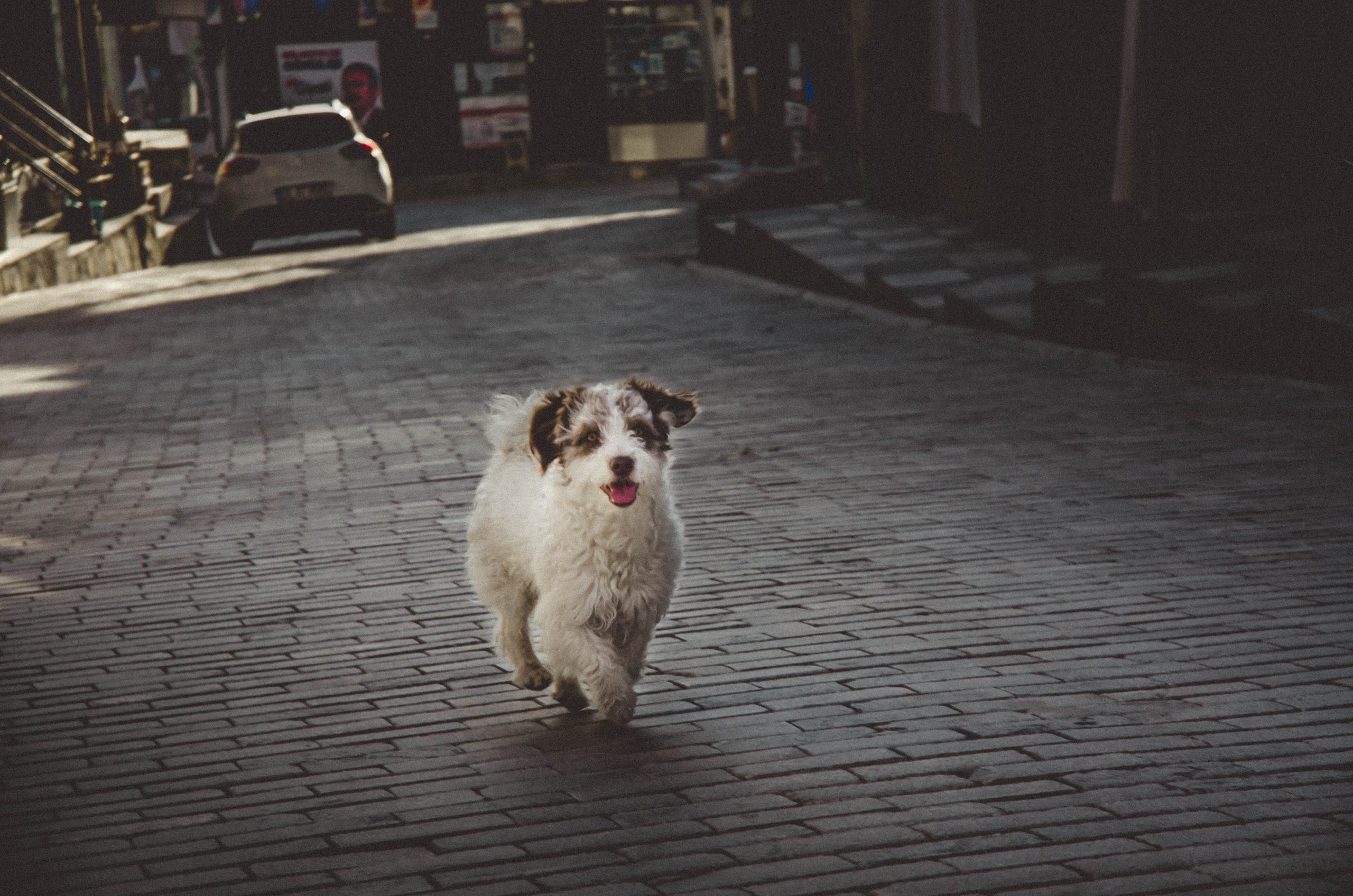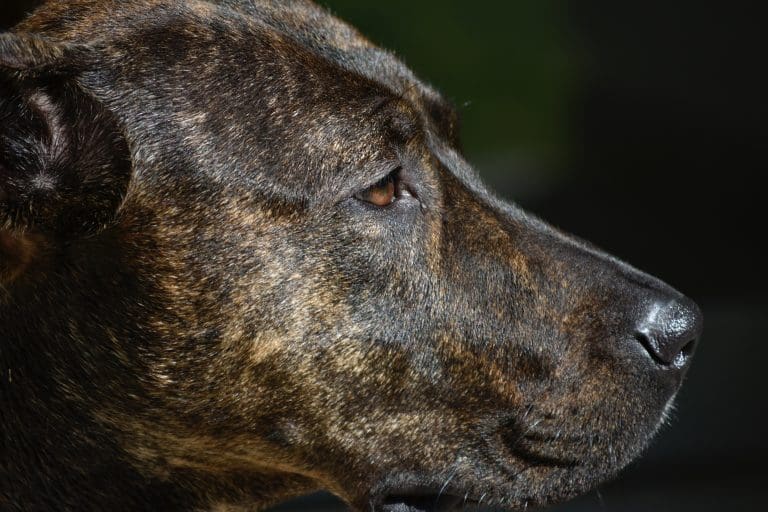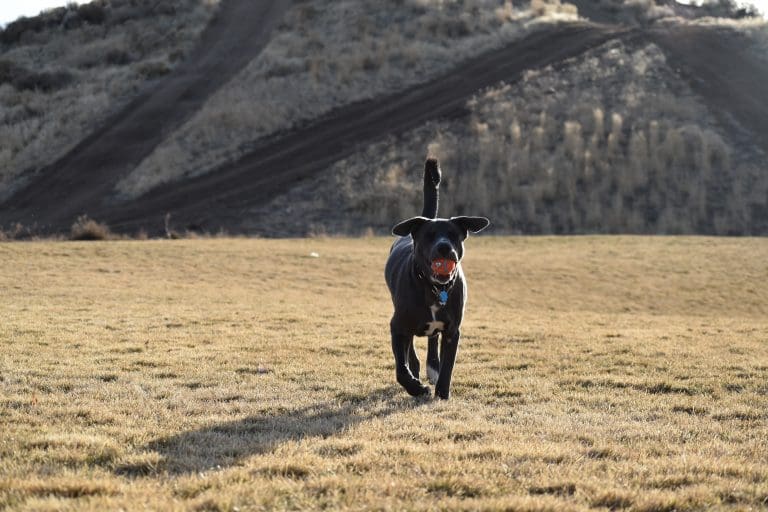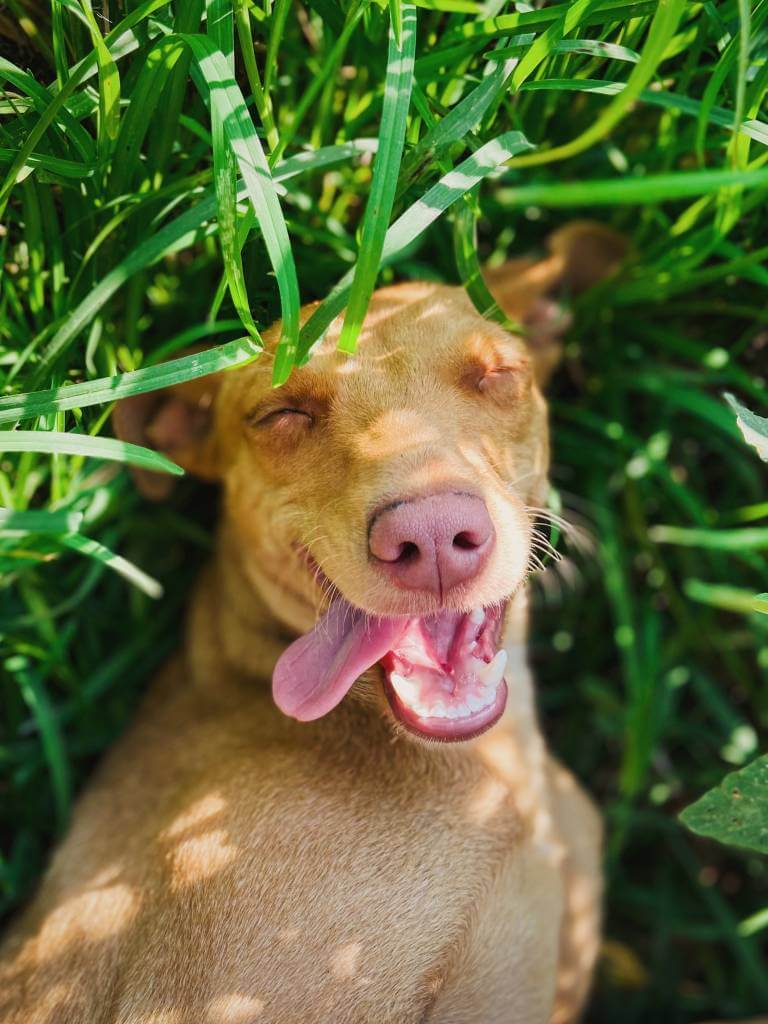Why Do Dogs Eat Poop Dog Whisperer?
Post Date:
December 10, 2024
(Date Last Modified: December 13, 2024)
If you’re a dog owner, you might have experienced a moment of shock when you catch your furry friend indulging in a rather unsavory habit: eating poop. This behavior, known as coprophagia, can be unsettling and puzzling. While it might seem gross to us, it’s a common issue among dogs. Understanding why dogs eat poop can help address it effectively and ensure your pet’s well-being.
The Instinctual Basis
One reason dogs may eat poop is instinctual. In the wild, mother dogs often consume their puppies’ waste to keep the den clean and avoid attracting predators. This behavior can carry over to domestic dogs, especially if they weren’t properly trained as puppies. Puppies are naturally curious and may explore their world by tasting it, including feces. In this context, coprophagia can be viewed as part of their exploration and learning process.
Nutritional Deficiencies
Another reason dogs might eat poop is nutritional deficiency. If a dog’s diet lacks essential nutrients, they may turn to feces as a means of obtaining what they need. This is particularly common in dogs on low-quality diets or those with health issues affecting nutrient absorption. Consulting a veterinarian can help determine if your dog’s diet is adequate and whether adjustments are necessary.
Stress and Anxiety
Stress and anxiety also contribute to coprophagia. Dogs that are anxious may engage in this behavior as a coping mechanism. Changes in the household—like moving to a new home, the arrival of a new pet, or alterations in the owner’s schedule—can trigger anxiety. Recognizing the signs of stress in your dog and providing a stable environment can help alleviate this behavior.
Boredom and Lack of Stimulation
Boredom can lead dogs to eat poop. Dogs require mental and physical stimulation, and when they don’t get enough exercise or engagement, they may resort to undesirable behaviors. Offering plenty of activities, toys, and social interaction can help keep them occupied and reduce the likelihood of seeking out feces.
Breed Tendencies
Certain breeds may be more prone to coprophagia than others. While any dog can develop this habit, some breeds are known for their inquisitive nature or strong prey drive, which might make them more likely to explore feces. Regardless of breed, approaching the issue with understanding and patience is essential.
Training and Positive Reinforcement
Training plays a significant role in curbing this behavior. Positive reinforcement can be effective. When you catch your dog attempting to eat poop, redirect them to a more acceptable activity and reward them for that behavior. Consistency is key, and over time, your dog will learn that there are better choices than indulging in feces.
Maintaining a Clean Environment
It’s crucial to keep your yard and home clean to minimize the opportunity for your dog to eat poop. Regularly picking up after your pet and discouraging them from exploring areas where other animals may have left waste can help reduce temptation. If your dog socializes with others, monitor them during playtime, as some may be more likely to engage in coprophagia around their peers.
Consulting a Veterinarian
If these strategies don’t seem effective or if you’re concerned about your dog’s health, consulting a veterinarian is wise. They can rule out any medical conditions contributing to the behavior and recommend dietary changes or behavioral therapies if necessary.
Approaching with Empathy
Approaching your dog’s behavior with empathy is essential. Many owners feel embarrassed or frustrated upon discovering their dog eating poop. However, it’s important to remember that this behavior is often instinctual and not a reflection of your dog’s intelligence or training. Dogs do not understand the social stigma surrounding poop; they act on their natural instincts.
Fostering a Stronger Bond
By maintaining a calm demeanor, you can create a positive environment for your dog. Training takes time, and setbacks may occur. Acknowledging this and being supportive of your pet fosters a stronger bond between you and your dog. Addressing coprophagia involves understanding your dog’s needs and helping them thrive. Whether providing a balanced diet, ensuring they have plenty of exercise, or offering mental stimulation, focusing on your dog’s overall well-being will lead to a happier and healthier pet.






